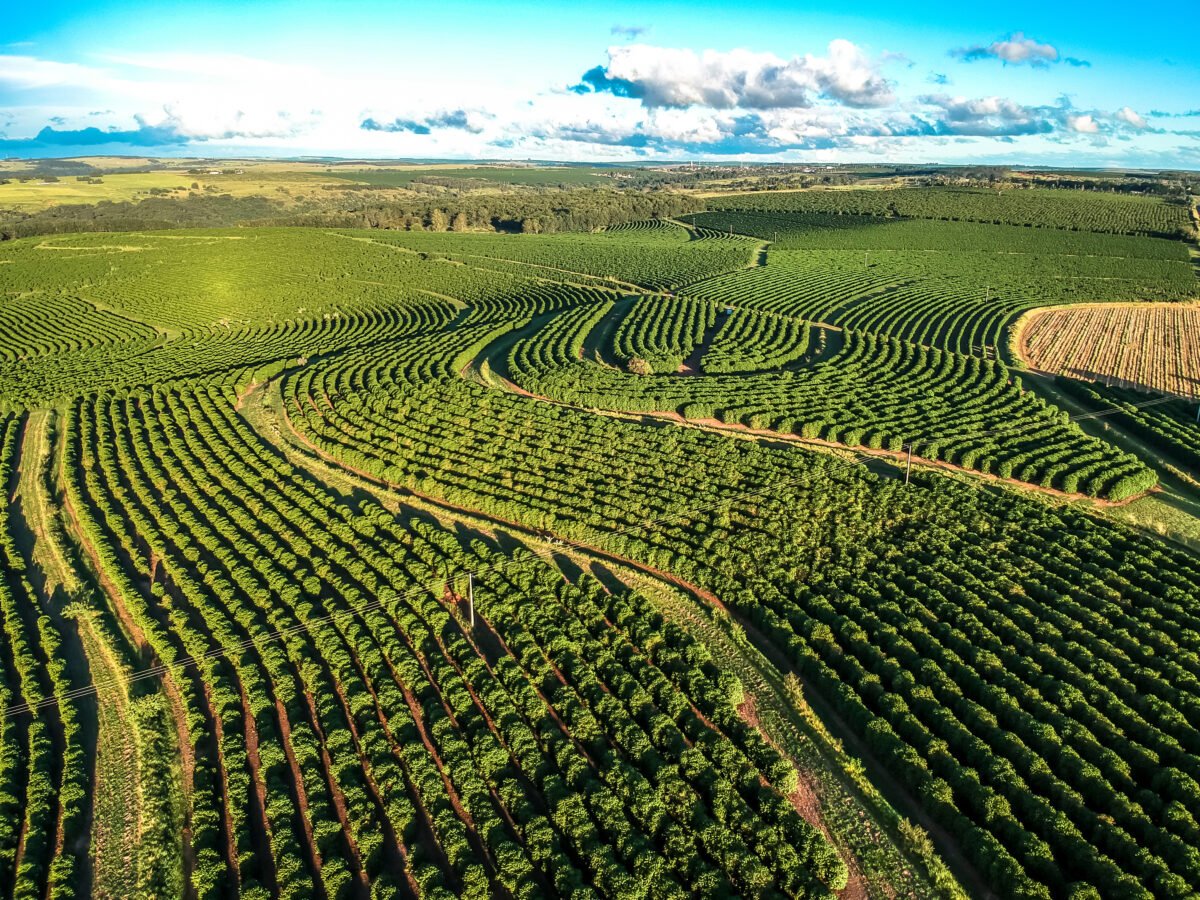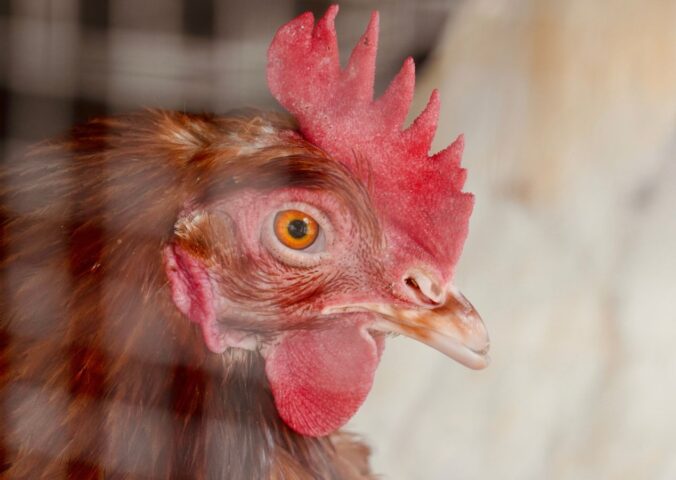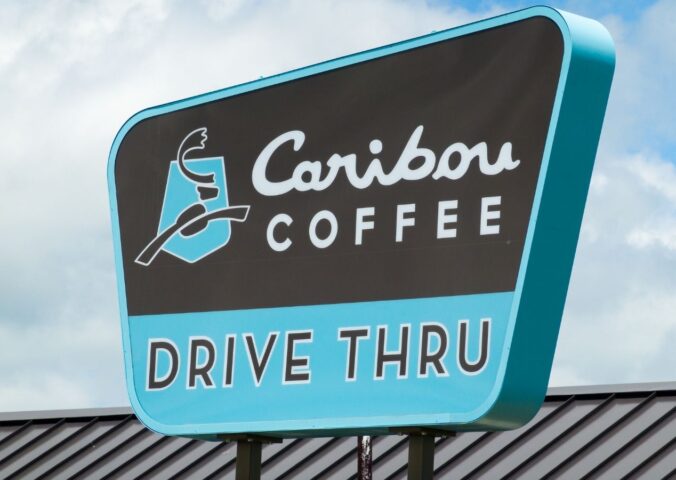By now we’re all familiar with meatless meat and dairy-free milk. But how about “beanless” coffee? Like meat and dairy alternatives, coffee made without beans has been touted as a climate-friendly solution for the widely consumed drink. With coffee production itself also being hit by a changing climate, a bean-free beverage could save us from coffee becoming unaffordable in future.
Read more: What Is Bulletproof Coffee, And Is It Actually Good For You?
A number of start-ups are trying to craft perfect cups of coffee from ingredients such as date seeds, pea protein, and caffeine from green tea. Some are already selling their products for home purchase or wholesale by cafes. Climate-minded investors are taking notice too.
But could beanless coffee really give the same satisfaction as your regular coffee? And will we be asking for oat milk beanless lattes at Starbucks anytime soon?
Coffee’s climate impact
Coffee isn’t great for the climate. Estimates of coffee’s emissions vary, but it’s generally quite high. According to Our World in Data, a kilogram of beans produces 28.5kg of greenhouse gas emissions. A study looking at coffee produced in Brazil and Vietnam and exported to the UK found the average was 15.3kg of emissions for a kilo of unroasted beans produced conventionally. Another study found that a cup can produce between 109g to 172g of emissions. Between 40 and 80 percent of coffee’s emissions occur during the production phase. The rest comes from transport, roasting, and preparation methods.
Read more: The Best Dairy-Free Milks For Coffee
Deforestation accounts for part of the reason coffee production has become a high-emitting industry. Around 130,000 hectares of forest have been cut down each year over the past two decades to grow coffee trees. Often this is because coffee farmers are very poorly paid, so they clear more land to make more money.
Another reason for coffee’s emissions is the irrigation, fertilizer, and pesticides used on vast coffee plantations. While the small coffee tree grows well in the shade of a forest canopy, those growing in vast plantations have none of the natural protections provided by forests.
Coffee production in turn will become less viable as the climate warms. Yields are expected to shrink while land suitable for growing coffee is predicted to decrease by half by 2050. The majority of the world’s coffee beans are grown in regions that are particularly vulnerable to climate change and extreme weather, such as South East Asia, South America, and central and southern African countries. As a result, coffee is likely to become much more expensive in future.
Coffee without the beans

US company Atomo is one of a handful that has already brought beanless coffee to market, aiming to overcome coffee’s sustainability and supply chain issues. It says that its coffee has an the exact same molecular structure as regular coffee. Its ingredients, such as date and sunflower seeds, are either grown on farms or “upcycled,” meaning they are diverted from becoming waste. According to a third-party assessment of Atomo’s environmental footprint, it generates 83 percent less emissions and uses 70 percent less farmland than coffee beans.
The company describes the taste of its coffee as having a “full aroma, crema and complex flavor of traditional coffee.” It’s served in several coffee shops in the US.
Northern Wonder, based in the Netherlands, sells its beanless coffee online and in some European supermarkets. But the company is more circumspect than Atomo about how much its product tastes like coffee. The company is working with researchers to fine-tune its product so that it convincingly replicates the experience of drinking coffee.
By using “non-tropical” ingredients, Northern Wonder says it can guarantee that it’s deforestation-free, as well as having a fraction of the land use, water use, and emissions as coffee beans.
“I am betting that beanless coffee is going to make it big,” Helena Wasserman, a climate tech investor, wrote on Linkedin, after she tried a cup at climate funding conference Hack Summit. She said she didn’t know it was bean-free when she drank it and couldn’t taste the difference. In a blind taste test of Atomo’s coffee, an Australian journalist correctly picked out the company’s cup. But she said she wouldn’t have known it wasn’t made from traditional beans.
Do we really need beanless coffee?
Plant-based meat and milk alternatives overcome fundamental problems with farming animals that techno-fixes are unable to, particularly without a drastic reduction in consumption. Among these are methane emissions from cows, the amount of land required to farm animals compared to growing crops for humans, and the worsening of animal welfare that comes with making farming systems more efficient. But is the same true for beanless coffee?
Read more: Hundreds Of Climate Scientists Predict Global Heating Of At Least 2.5C
As with meat, demand for coffee is set to increase globally. This means more land will be needed to produce it. Though many people would struggle to give up their daily coffees, one way to cut emissions from coffee production would be for everyone to drink less of it. But there are other measures which can also reduce its climate impact significantly. The study on Brazilian and Vietnamese beans exported to the UK found that, compared to conventional coffee production, “sustainable” production cut emissions by 77 percent, to 3.51kg per kilo. This was due to coffee beans being shipped by cargo ship rather than freight flight and lower use of chemical inputs in growing the beans. The study also found that further emissions savings could be made by measures such as reducing packaging and roasting beans before exportation because then they weigh less.
Additional measures such as planting a variety of trees on coffee farms and improved composting practices could also cut emissions while providing some protection from climate change.
Fair pay for farmers
In response to Wasserman’s LinkedIn post, Oliver Zahn, CEO of plant-based cheese company Climax Foods wrote: “What about the original coffee growers though? We caused the global warming that is hurting their crops. We underpaid them in extension of colonialism. Replacing coffee is a great market opportunity, but would shift revenues from exploited to exploiting nations, which does not in itself solve global warming or other environmental issues. Coffee is not a nutritional necessity. Seems like the ethical thing for anyone who can afford is would be to drink less and pay more to the OG coffee growers.”
Indeed, coffee-lovers are increasingly keen on barista-quality coffee experiences at home, purchasing more specialty coffees and equipment. According to a meta-analysis on coffee purchasing choices, people are happy to pay more for socially-responsible and more environmentally-friendly beans such as organic and fair trade.
This doesn’t mean that beanless coffee won’t take off at some point. Investors seem to think it will. Atomo netted millions in funding in 2023 and this year opened a new production facility. Its success may hinge on how much interest coffee-lovers have in switching to it, or on them being forced to do so by a dwindling supply of beans.






